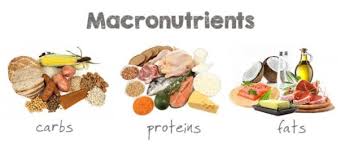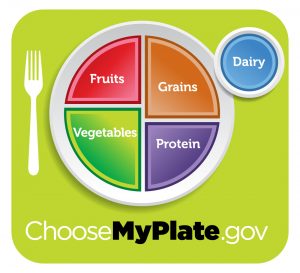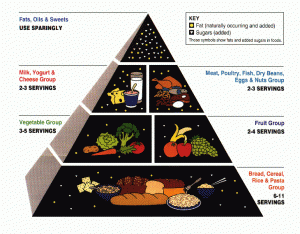
Everything you eat is either classified as a carbohydrate, protein or fat. Many foods contain for than 1 of these macronutrients and when that occurs, the food is labeled for the macronutrient it most contains. For example, peanuts are classified as fat because they mostly are, but they also contain carbohydrates.
Protein and carbohydrates each contain 4 calories per gram while fats contain 9 calories per gram. Like most people, you probably have have heard that energy intake, calories, are responsible for weight gain or weight loss. And because fat contains the most calories per gram, fat has been vilified for most of the last century. The USDA has also stood behind this logic as can be seen by the former food pyramid and the latest MyPlate recommendations:


But has this change to low fat everything really worked? All signs point to no. Has this push to eliminate the most calorie dense nutrient effected weight loss and healthier Americans? Could it be that the emphasis has been on eliminating the wrong macronutrient?
The updated “MyPlate” info graphic has a plate thats 3/4 carbohydrates. The food pyramid suggests 6-11 servings of bread, grains, pasta and/or cereal. Is it any coincidence that our weight, as a nation, has gone up with our obsession of carbohydrates?
Our focus should not be on the amount of calories we consume via macronutrients, but rather what effect those macronutrients have on our body when we consume them. Unlike fats and most proteins, carbohydrates are broken down in our bodies as sugar. Sugar is a potent metabolism and hormone disruptor. The more processed the carb, the easier it becomes sugar. The easier is becomes sugar, the more havoc it wreaks on our metabolism. Donuts and brocilli are both carbs containing 4 calories per gram, but donuts are and always have been know to be worse for us. Why is that? The reason is the effect the sugar has on our bodies.
To really understand the process of weight loss and body composition, we really to learn more about one of the master hormones that regulate it all: Insulin.